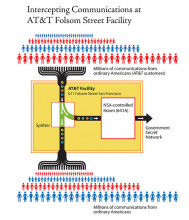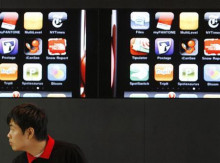Microsoft confirms IE10 will have "Do Not Track" on by default
When Microsoft released the preview of Internet Explorer 10 at the beginning of June and announced that in Windows 8 the browser will be sending a “Do Not Track” signal to Web sites by default, the statement started a heated discussion among advertisers, online analytics companies, and the Tracking Protection Working Group of the World Wide Web Consortium.













































































